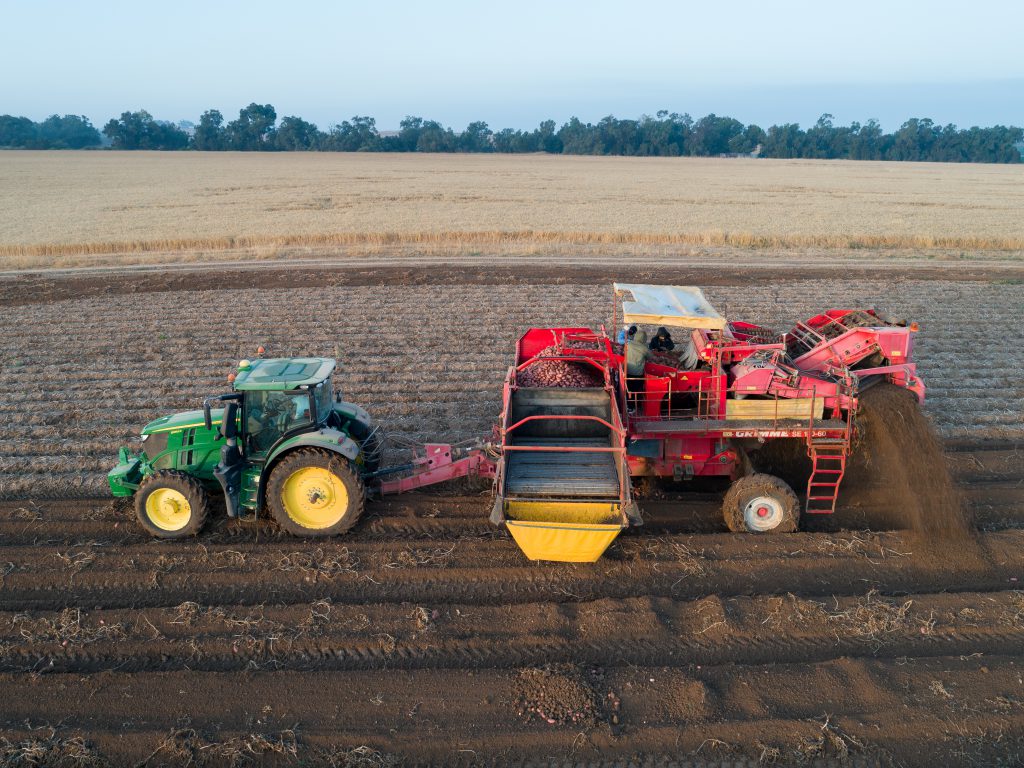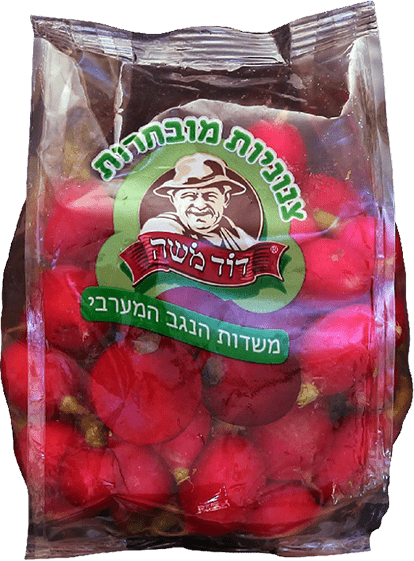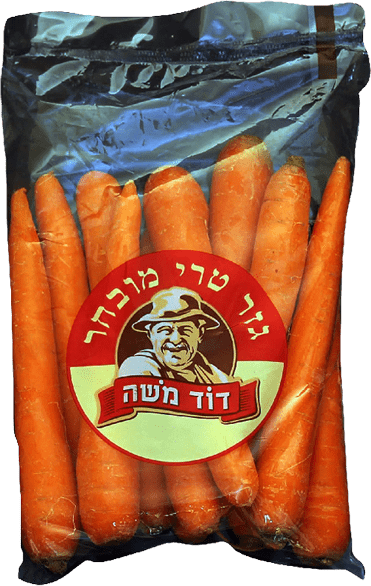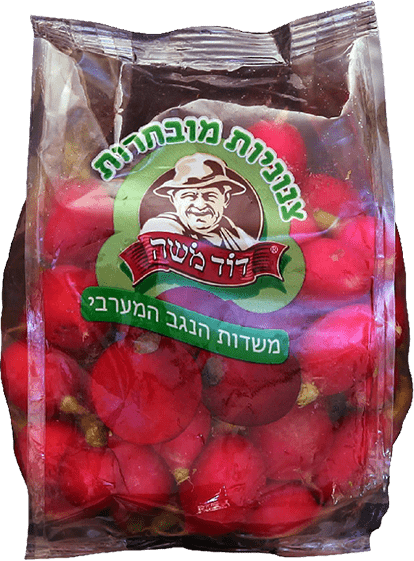In the highly competitive world of international trade, the demand for fresh and high-quality fruits and vegetables is ever-growing. For businesses in the field of exporting produce, establishing direct relationships with farmers is key to ensuring a consistent supply of premium products. One such country renowned for its agricultural expertise is Israel. In this article, we will explore how Israeli farmers are exporting a range of produce, including potatoes, carrots, sweet potatoes, and more, to meet the global demand for fresh and nutritious food.
The Agricultural Advantages of Israel
Israel’s unique climate and innovative agricultural practices have made it a global leader in agricultural production. Despite its predominantly arid landscapes, the country has harnessed advanced irrigation technologies, such as drip irrigation, to cultivate a variety of crops efficiently. With a strong focus on sustainability and resource optimization, Israeli farmers have mastered the art of growing exceptional produce, making their offerings highly sought after worldwide.
Exporting Potatoes: A Staple Crop
Potatoes are one of the most widely cultivated and consumed crops globally. Israeli farmers have excelled in the production of high-quality potatoes by capitalizing on their expertise in precision agriculture. The country’s advanced farming techniques ensure uniform growth, improved disease resistance, and increased yields. By exporting potatoes directly from Israeli farmers, buyers can enjoy a consistent supply of premium quality, nutritious, and versatile tubers.
Carrots: A Vibrant Export
Carrots are another staple vegetable that thrives in Israel’s favorable growing conditions. Israeli farmers leverage their expertise to cultivate vibrant, sweet, and crisp carrots that meet international standards. With a focus on sustainable practices and careful handling, Israeli carrot exports offer a fresh and healthy option for consumers worldwide. By sourcing directly from Israeli farmers, businesses can provide their customers with top-notch carrots that cater to their quality preferences.
Sweet Potatoes: A Nutritious Delight
Sweet potatoes have gained popularity as a healthy and versatile alternative to regular potatoes. Israeli farmers have embraced the challenge of cultivating this nutritious crop, producing sweet potatoes that are rich in flavor, texture, and nutritional value. By sourcing sweet potatoes directly from Israeli farmers, businesses can capitalize on the growing demand for this superfood and offer their customers a premium product with exceptional taste and health benefits.

Revolutionizing the Export of Fresh Fruits and Vegetables
Advancements in technology have revolutionized various industries, and the agricultural sector is no exception. With the growing demand for fresh and high-quality fruits and vegetables, farmers and exporters are leveraging technological innovations to improve the efficiency, productivity, and freshness of their produce. Here are some technological developments in agriculture have transformed the export process, ensuring that fruits and vegetables reach international markets in their freshest state.
Precision Farming: Enhancing Crop Quality and Yield
Precision farming, also known as smart farming or precision agriculture, involves using advanced technologies to optimize agricultural practices. Through the integration of sensors, drones, GPS, and data analytics, farmers can monitor and manage crops with precision. This technology enables farmers to make informed decisions regarding irrigation, fertilization, and pest control, resulting in improved crop quality and higher yields. By employing precision farming techniques, exporters can ensure that the fruits and vegetables being shipped are of the highest quality and meet the stringent standards of international markets.
Controlled Environment Agriculture: Extending Shelf Life
Controlled Environment Agriculture (CEA) refers to the practice of cultivating crops within controlled environments such as greenhouses or vertical farms. These environments provide optimal conditions for growth, including temperature, humidity, light, and nutrient levels. CEA allows farmers to extend the shelf life of fruits and vegetables by minimizing exposure to external factors that can lead to spoilage. By employing CEA techniques, exporters can ensure that the produce remains fresh for longer periods, allowing for extended transportation and storage times without compromising quality.
Cold Chain Management: Preserving Freshness during Transportation
The cold chain management system plays a crucial role in preserving the freshness and quality of perishable goods during transportation. This system involves maintaining a consistent temperature-controlled environment throughout the entire supply chain, from the farm to the destination. Advanced refrigeration technologies, temperature monitoring devices, and efficient logistics ensure that fruits and vegetables are kept at optimum temperatures, preventing spoilage and preserving their nutritional value. By effectively managing the cold chain, exporters can confidently deliver fresh produce to international markets, meeting consumer expectations and regulatory requirements.









